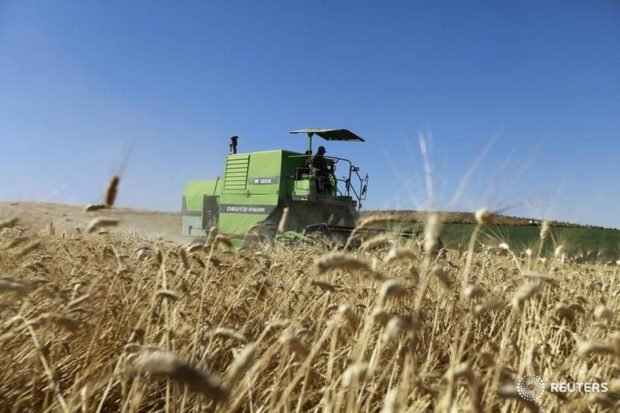In a significant move to combat water scarcity and bolster its strategic grain production, the Tunisian government officially launched the “Inclusive smallholder agriculture development in the North-West mountains of Tunisia” (DINAMO) program on Monday, September 22.
The 120-million-dinar (approximately $41.45 million) initiative, co-financed by the Tunisian government and the International Fund for Agricultural Development (IFAD), is an eight-year plan targeting the key northwestern governorates of Béja, Jendouba, Siliana, Kef, and Bizerte.
The project comes at a critical time. Tunisia is grappling with persistent drought that threatens its agricultural sector and national food security. According to the World Resources Institute, the country’s water availability has fallen to about 400 cubic meters per inhabitant annually, placing it firmly below the 500-cubic-meter threshold for “water stress.”
“The DINAMO program is not just an agricultural project; it’s a direct response to a pressing national challenge,” an official statement from the Ministry of Agriculture indicated. “By focusing on water and our most productive regions, we are investing in the resilience of our food supply.”
A Focus on Water and Economic Resilience
The program’s interventions are strategically designed to address the core issues of water access and rural poverty. Key infrastructure projects include:
- The extension of five drinking water supply systems.
- The construction of 250 rainwater cisterns, each with a 50-cubic-meter capacity and equipped with solar-powered pumps.
Beyond infrastructure, DINAMO aims to stimulate local economies by creating 20 production and processing units, strengthening producer organizations into networks, and supporting the marketing of local products.
Safeguarding the Nation’s Breadbasket
The choice of the five northwestern governorates is no accident. This region is the heart of Tunisia’s grain production. Data from the U.S. Department of Agriculture (USDA) confirms that Béja, Jendouba, Siliana, Kef, and Bizerte collectively account for nearly 74% of the country’s annual wheat harvest—the nation’s main staple crop.
By shoring up agricultural resilience in this vital “breadbasket,” the DINAMO project aims to directly impact the country’s ability to withstand climate shocks and maintain a stable domestic food supply.
TunisianMonitorOnline (CBR)




